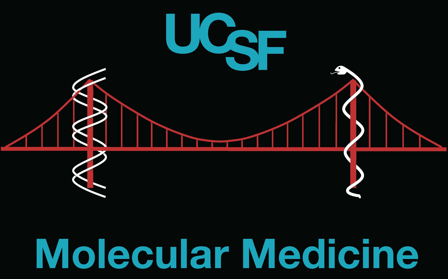Molecular Medicine
 The Molecular Medicine Residency Pathway is designed for individuals who are interested in pursuing a career that emphasizes bench research in combination with the practice of medicine. The overarching goal of the program is to train the next generation of transformative laboratory-based physician-scientists. Most participants in the Molecular Medicine Residency Pathway are part of our Physician-Scientist Residency Track along with categorical residents with a strong interest in laboratory-based research.
The Molecular Medicine Residency Pathway is designed for individuals who are interested in pursuing a career that emphasizes bench research in combination with the practice of medicine. The overarching goal of the program is to train the next generation of transformative laboratory-based physician-scientists. Most participants in the Molecular Medicine Residency Pathway are part of our Physician-Scientist Residency Track along with categorical residents with a strong interest in laboratory-based research.
Curriculum
Molecular Medicine Residents receive personal mentoring in selecting their area of research and choosing potential laboratories that may be of interest to them for postdoctoral training during their subspecialty fellowship. They also meet regularly as a group during the R2 year (and R3 year, if applicable) for career development seminars, journal club presentations, and faculty research program presentations. Molecular Medicine Residents present cases that highlight pathophysiology to other UCSF residents in addition to UCSF MSTP students, and have an opportunity to participate in longitudinal mentorship with students and fellows. There are social events that facilitate a sense of community and networking with the broader Molecular Medicine community at UCSF. Dedicated time for scholarly activity is provided during the R2 year (and R3 year, if applicable). During the R2 year, Molecular Medicine Residents attend an annual off-site 3-day research retreat of the Biomedical Sciences or Immunology Programs, where they can learn more about the rich scientific opportunities at UCSF and an have opportunity to fully immerse themselves in basic/translational science.